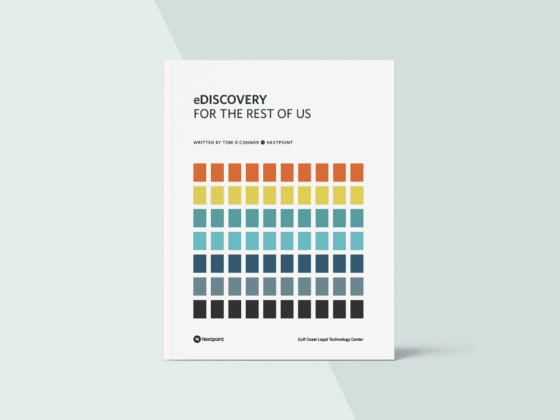Social media marketing is an essential part of any law office’s advertising and marketing efforts.
But we understand that social media is a little more complicated for law firms than it is for other businesses. Social media disclosure rules and lawyer advertising rules are going to complicate Facebook and Twitter efforts for any law firm.
For example, what if you get a LinkedIn endorsement email notification in your inbox? In most business environments that’s nothing to get concerned about. But what if that endorsement is inaccurate or misleading? Under ABA Model Rule 7.1, a lawyer is not to make any false or misleading claims about his or her services. If you accept an endorsement that’s inaccurate, does that qualify as misrepresentation? That is an ethical conundrum other businesspeople don’t have to worry about much.
Social media allows lawyers to connect with people who might become clients, or lawyers who might refer clients.
And if you blog about your clients, is your law firm breaking any confidentiality rules? As long as you blog about matters already in the public realm – matters reported in appellate decisions and matters aired in public courtrooms – you are probably OK. But it may be easy and tempting to embellish the public record with private details.
Social Media Marketing Done Right
The bottom line is that if your firm approaches social media as part of a modern marketing machine, it is easy to avoid the pitfalls and also run successful campaigns. According to various ethics opinions on the subject, attorneys may post information about their practice on Facebook, Twitter, or other social media websites, but those postings may be subject to compliance rules if their content can be considered to be “concerning the availability for professional employment.”
In addition, ethics panels have determined that for a communication to be considered a solicitation it must be directed to a specific person. That means that a Tweet sent out to all your followers is not a solicitation. However, because Twitter also allows direct, one-to-one messages, attorneys have to remember the appropriate codes of conduct regarding solicitation and professional advertising. In short, do not promise things you cannot deliver.
Social media allows lawyers to connect with people who might become clients, or lawyers who might refer clients. Social media, in essence, is a networking tool that can supplement, but not replace, offline activities.
One of the issues that can be a problem under Rule 7.2 is that various states require attorneys to keep all ads for a certain period of time. In Pennsylvania, for example, attorneys must keep copies of ads for 2 years. That means lawyers need to consider social media archiving and collection strategies to keep these communications for a long time. You don’t want a Tweet from two years ago to be thrown in your face unexpectedly.
Your Facebook account must be either personal in nature, or mainly for professional networking. If your account is very personal, make sure it is only for friends and family, don’t friend your clients.
LinkedIn is a professional social media site, which means it is especially useful for networking, especially for those who represent businesses.
Twitter, by nature, is either open or closed. It is up to you to decide which you prefer. You can choose to block specific people, but generally speaking, Twitter is meant to be open. If you have a Twitter account, you should expect that your clients will be able to see it.
Google+
Google+ will allow anyone to circle you. Circle is the terminology used for connecting on Google+ As a result, it is important that you understand, you control who sees your posts through each individual post. You can choose to allow a post to be public, to go to people who circled you, or to go only to a specific list of people.
Reviews
Don’t ignore your reviews. It is incumbent on attorneys to attend to Yelp and other online reviews. It’s Not About the Facts – It’s About the Client’s Perception. Contact the dissatisfied client directly or contact the review site to address these reviews.
That is a high-level run down of common social media strategies for law firms. This month will be social media month at Nextpoint, and we will look at all social media platforms individually. Look for more posts about each of these and other social media topics for the next couple of weeks.





